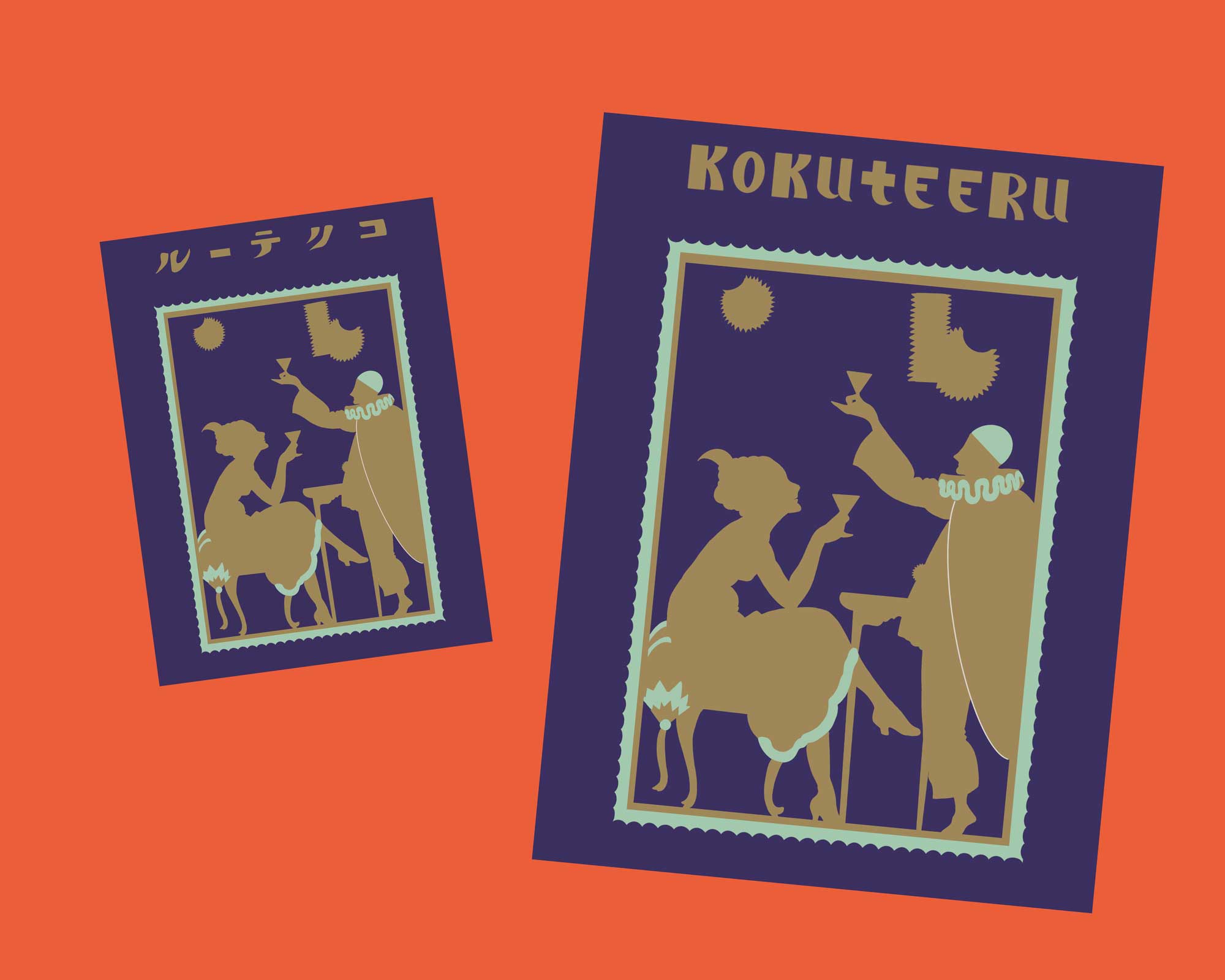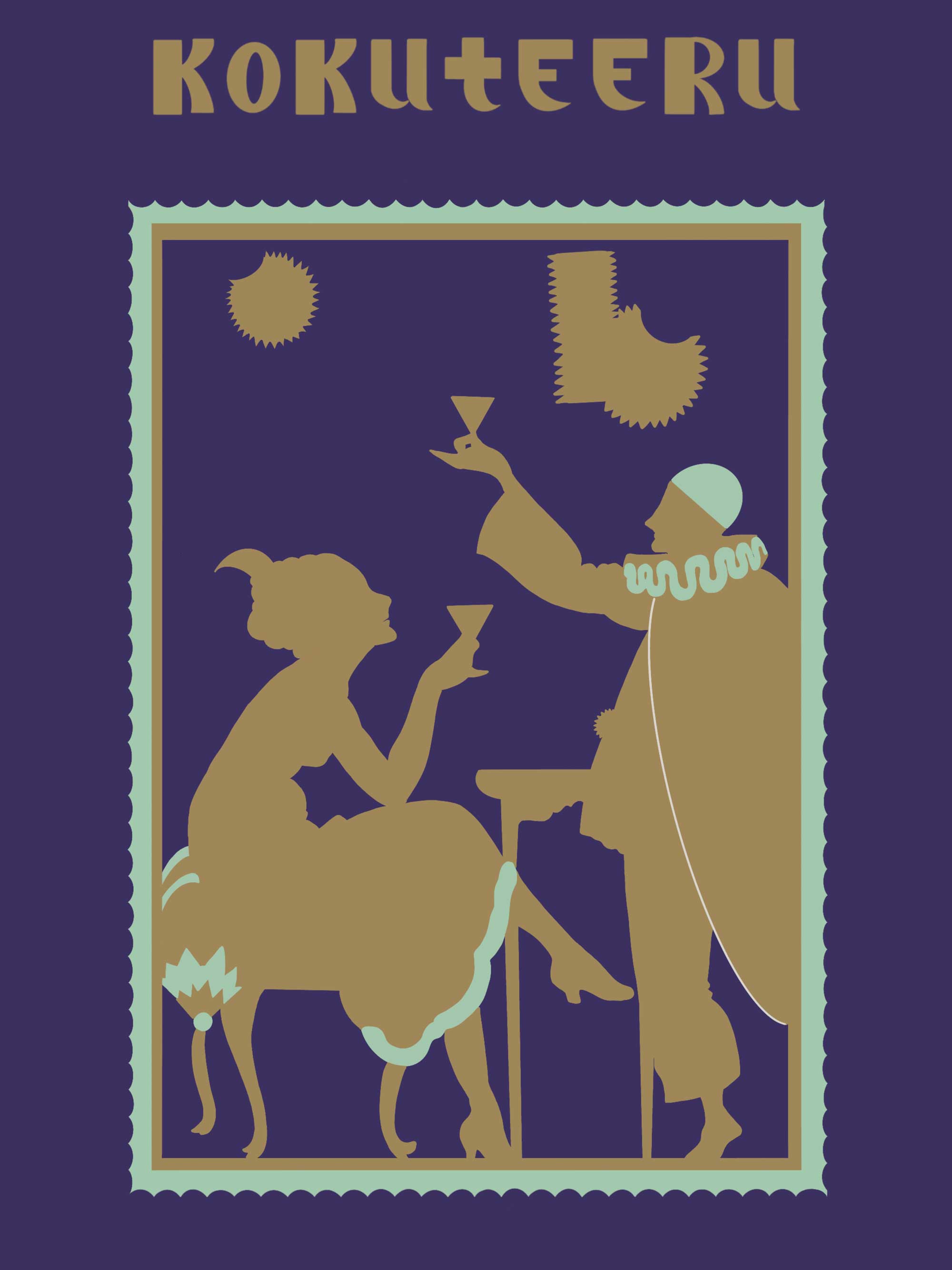How you can back a one of a kind bartending book (and help bartenders along the way)
It's not every day that a 1924 Japanese bartending book is resurrected and translated.

Cocktail book nerds and their friends, rejoice: there's very soon to be a new reprint and translation of an almost 100 year old cocktail book from Japan, Kokuteeru. Published in 1924 and written by Japanese bartender, Yonekichi Maeda, the text has never been available in English — until now.
That's largely thanks to Perth-based bartender and brand ambassador Brendan Scott Grey, who — as he tells us below — found the book when he was trying to learn about what was the first ever Japanese cocktail book.
Kokuteeru wasn't the first, he found, but it did pique his interest. His efforts led him to commission the translation of Kokuteeru from old Japanese into English, and to team up with Mixellany to publish the book overseas. He's also just kicked off a Kickstarter to fund the publishing of the book for the Australian audience.
In addition to getting the book into the hands of bartenders, with the blessing of the Maeda family, proceeds from the book will be used to set up a scholarship for bartenders to travel to Japan to learn about Japanese bartending.
“In ages past bartenders would travel to cities filled with the highest calibre of drink-slinging to hone their craft,” says Scott Grey. “Once this journey was complete the now enlightened individual would return home to share all they had learned, enriching their community and profession. I believe there is still great value in this idea and I hope to promote it’s return.”
You can visit the Kickstarter page here, and learn more about Kokuteeru and Brendan's efforts to publish the book in the chat below.

How did you come to be involved in this project? Why are you doing this?
Long story short, I managed to find Kokuteeru when trying to answer the question, “What was the first Japanese Cocktail text?” It was a long journey unto itself and I ended up having to hire a researcher from the Library of Australia to hunt down a scan for me once I found out Kokuteeru existed. Once I got it translated I offered it first to the Maeda family (finding them is another story) in exchange for allowing me to teach bartenders about the Kokuteeru and Yonekichi Maeda, though I mentioned that I intended to try to get it published and set up a scholarship if they would allow me.
The family representative, Mr. Hideki Maeda, liked that idea and was very happy for me to work with it which was wonderful news. From there I reached out to Anastatia Miller and Jared Brown from Mixellany publishing explaining my intentions, and they were very happy to be part of it and have been just wonderful through the whole process. After that there was a lot of editing and proofreading and here we are!
As to why: it started out as purely educational. I love new knowledge around our profession and knew I had a strong community here in Australia that would feel the same so it was just a nice project to broaden our knowledge base. It’s now expanded potentially to creating an international internship program which ticks some of my larger ambitions. I’ve always liked the idea of the journeyman bartender and creating that opportunity for the community would be a dream come true.
What have you learned about Japanese bartending through this process that you didn’t know before? How has your conception of the Japanese style of bartending changed?
There is some amazing history around Kokuteeru in regards to Japanese bartending which I’ve found just fascinating. I could go on for quite some time but to give a shorter synopsis Japan had been largely closed off from the world during the Edo period (1603-1868) and when they were suddenly forced to open their ports to foreign trade there was a sudden influx of embassies set up by Western countries — France, Germany, England and America predominantly. These embassies started sailing in bartenders to make diplomats Western-style drinks, the first being Mr. Purvis in 1872 at the Yokohama Hotel.
What’s so fascinating is that Japan was getting influenced from all these different bar scenes simultaneously and Kokuteeru reflects that. There are recipes that are defined by their country of origin, i.e. English and French-style Martini recipes, American and French Pousse Cafes. Even reference to German-style cocktail shakers. This speaks of a bar scene that had to acclimate multiple styles of bartending all at once before boiling it down to their own school of thought taking the best from everything. I think this foundation was a big part of how Japanese bartending has been shaped and how they have remained so versatile throughout the years.

